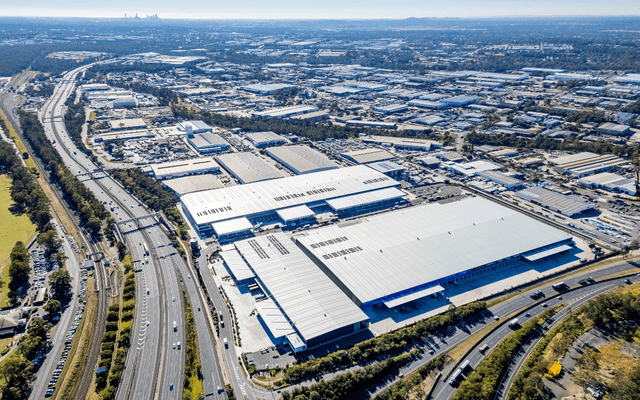This article is from the Australian Property Journal archive
A MAJORITY of employees in the property industry want a pay rise because they see business conditions improving, while their salary remains relatively unchanged after plateauing during the global financial crisis, according to the Avdiev Property Industry Remuneration Report.
Avdiev Group managing director Rita Avdiev said the election is over and there is a great sense of relief in the business community and an expectation of a new stability.
“Will this translate into positive action plans or will the wait and see attitude continue?”
Avdiev noted that there is substantial variation between market sectors, with the capital markets end of the property food chain being the most positive and property consultants faring the worst. These companies report increasing marketing efforts to grow the client base and win new business in order to survive.
According to the latest Avdiev Property Industry Remuneration Report October 2013, business conditions are positive for 57% of property companies and 43% saw a flat performance.
The report found retaining staff remains a high priority, with only 24% of companies uncertain of their ability to retain staff at current levels.
It is an improvement compared to the same period 12 months ago, where the Avdiev October 2012 report found 59% of companies implemented austerity measures and reduced staff numbers, with a median reduction 10% up to 20%.
“They are waiting for an improvement in their business conditions before making a final decision. Hiring intentions also remain subject to an increase in new work for all,”
Avdiev said remuneration expectations remain high – 62% of staff want a pay rise.
Overall the median annual pay rises to September 2013 was 3%.
“The median pay rise for 3% across all property, investment and construction markets sits at odds with the general workforce pay increase of 5.1% to May 2013 as reported by the ABS,” she continued.
In the previous March 2013 report, the median increase annual pay rise was also 3% which was below the 3.5% ABS figures for the general workforce and the 4% industry median increase in 2011. The March report also found 36% of companies enforced pay freezes and 6% cut pay.
Avdiev said the industry is playing catch up.
“When will they catch up? 62% of companies reported that subdued business conditions had not dampened the remuneration expectations of their staff, a sign that the pent up demand for pay rises continues,” she said.
The report found short term and long term incentives remain stable, but it is forecast to be lower next year. No major changes were introduced to short and long term incentive policies and have remained at 2012 levels.
Avdiev said employees in funds management and investment companies were the winners in this year’s pay race.
”Listed property companies were most concerned about the remuneration levels and conditions of their senior executives, commissioning detailed remuneration reviews to keep them up to market. They are getting ready for an upturn in activity,”
Meanwhile superannuation increases were evenly split between the companies and staff bearing the cost.
Employers were evenly split in implementing the 0.25% superannuation increase from 1 July 2013, with half absorbing the cost and half passing on the increase to their staff.
“Stability is the order of the day. Anyone who expected a quick burst of new hiring and related pay increases in all the market sectors will be disappointed.
“But it is only a matter of time before employers face a new push for pay rises, and they have to be ready to respond,” Avdiev said.
Property Review



